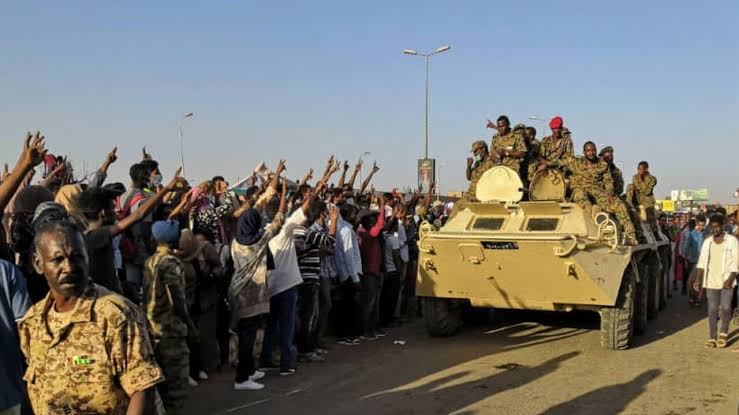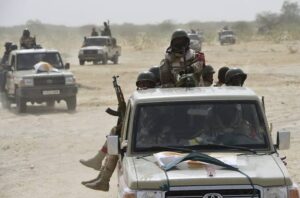On Saturday, the Sudanese army announced that it had gained control of a significant market in Omdurman, a city adjacent to Khartoum, which had previously served as a launch point for attacks by their adversaries, the Rapid Support Forces (RSF), during a brutal two-year conflict.
This announcement follows the Sudanese army’s recent declaration of victory over the RSF in Khartoum, asserting dominance over most of the capital.
The ongoing clash between the army and the RSF has triggered severe ethnic violence, leading to what the United Nations describes as the worst humanitarian crisis globally, with several regions facing famine.
According to the army’s statement, its forces have taken over the Souq Libya market in western Omdurman, recovering weapons and equipment abandoned by the RSF during their retreat.
Souq Libya is recognized as one of Sudan’s largest and most vital commercial centers.
The army already controls a significant portion of Omdurman, which houses two major military installations. It appears determined to establish complete control over the entire capital region, which consists of Khartoum, Omdurman, and Bahri, separated by branches of the River Nile.
See more: Southern African Coalition to Gradually Withdraw Troops from Congo.
The RSF has yet to respond to the army’s progress in Omdurman, where the paramilitary group still retains some territory.
The conflict ignited amid a power struggle between the army and the RSF, coinciding with efforts to transition to civilian governance. It has devastated much of Khartoum, displaced over 12 million Sudanese, and left approximately half of the 50 million population facing severe hunger.
While overall death tolls are difficult to ascertain, a study released last year estimated that fatalities in Khartoum state alone may have reached 61,000 within the first 14 months of the conflict.
The war has further destabilized the region, with Sudan’s neighboring countries—Libya, Chad, the Central African Republic, and South Sudan—each experiencing their own internal conflicts in recent years.






